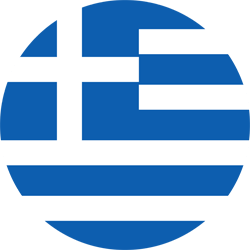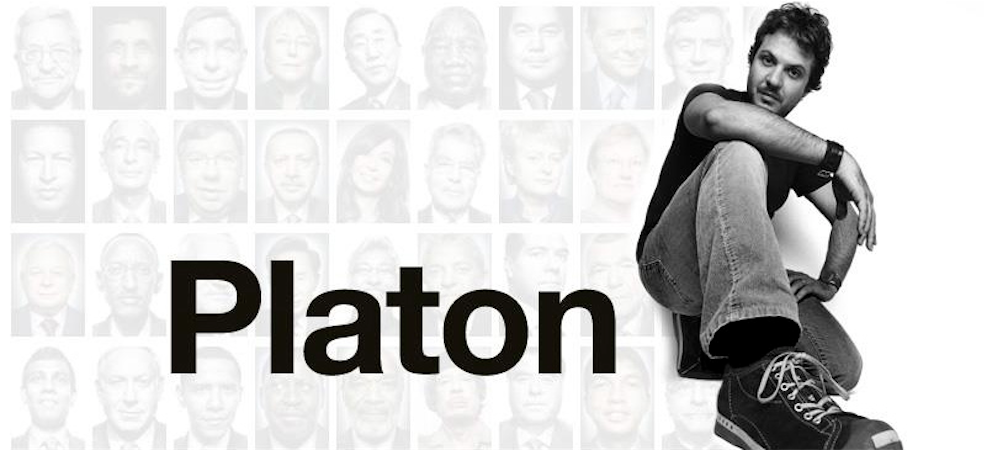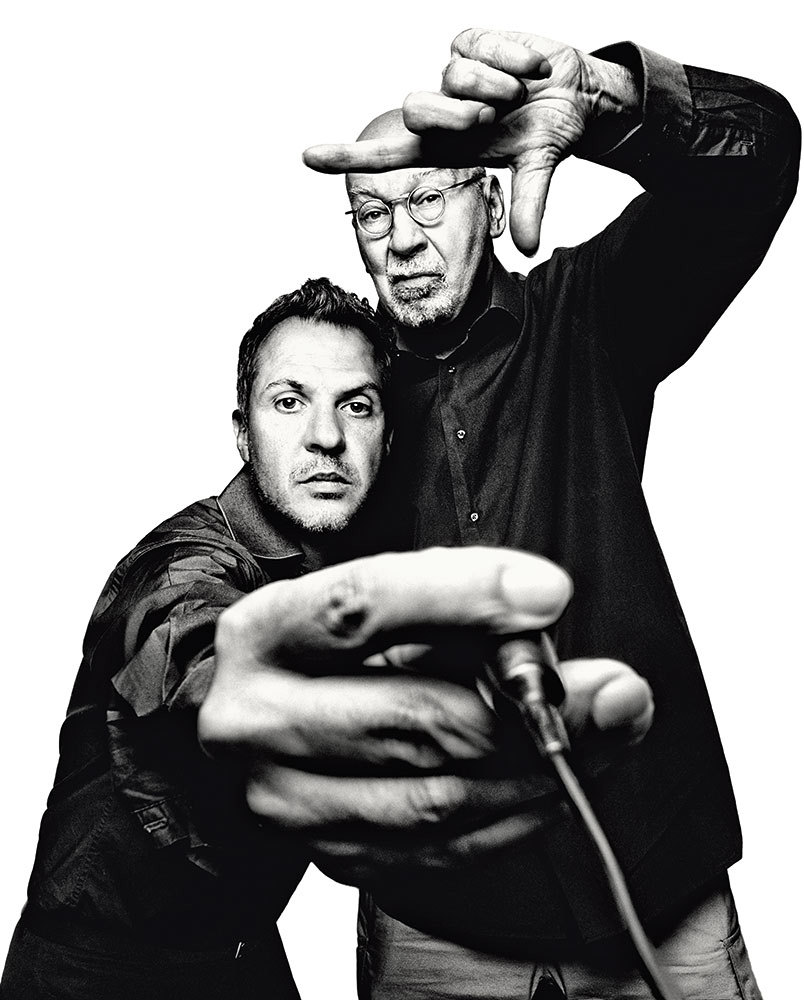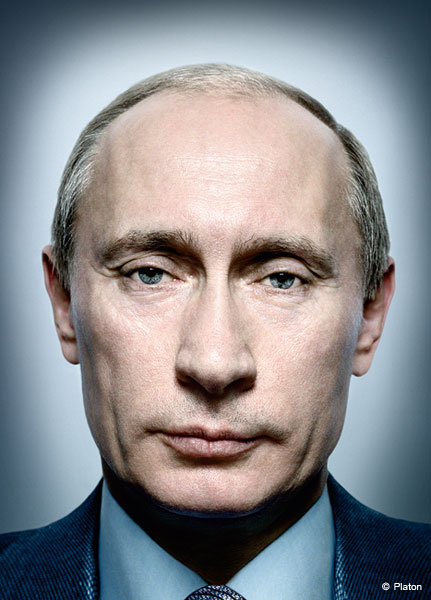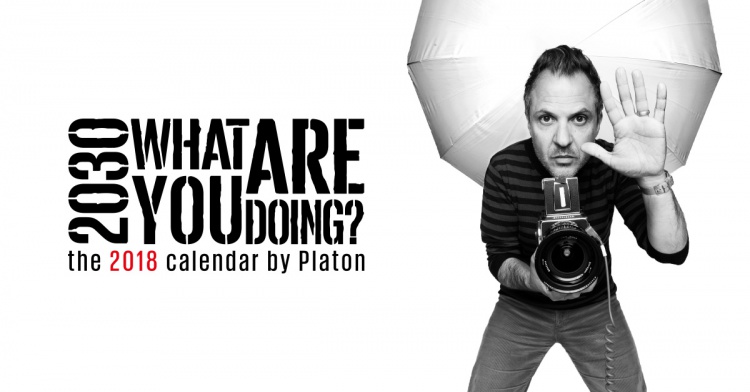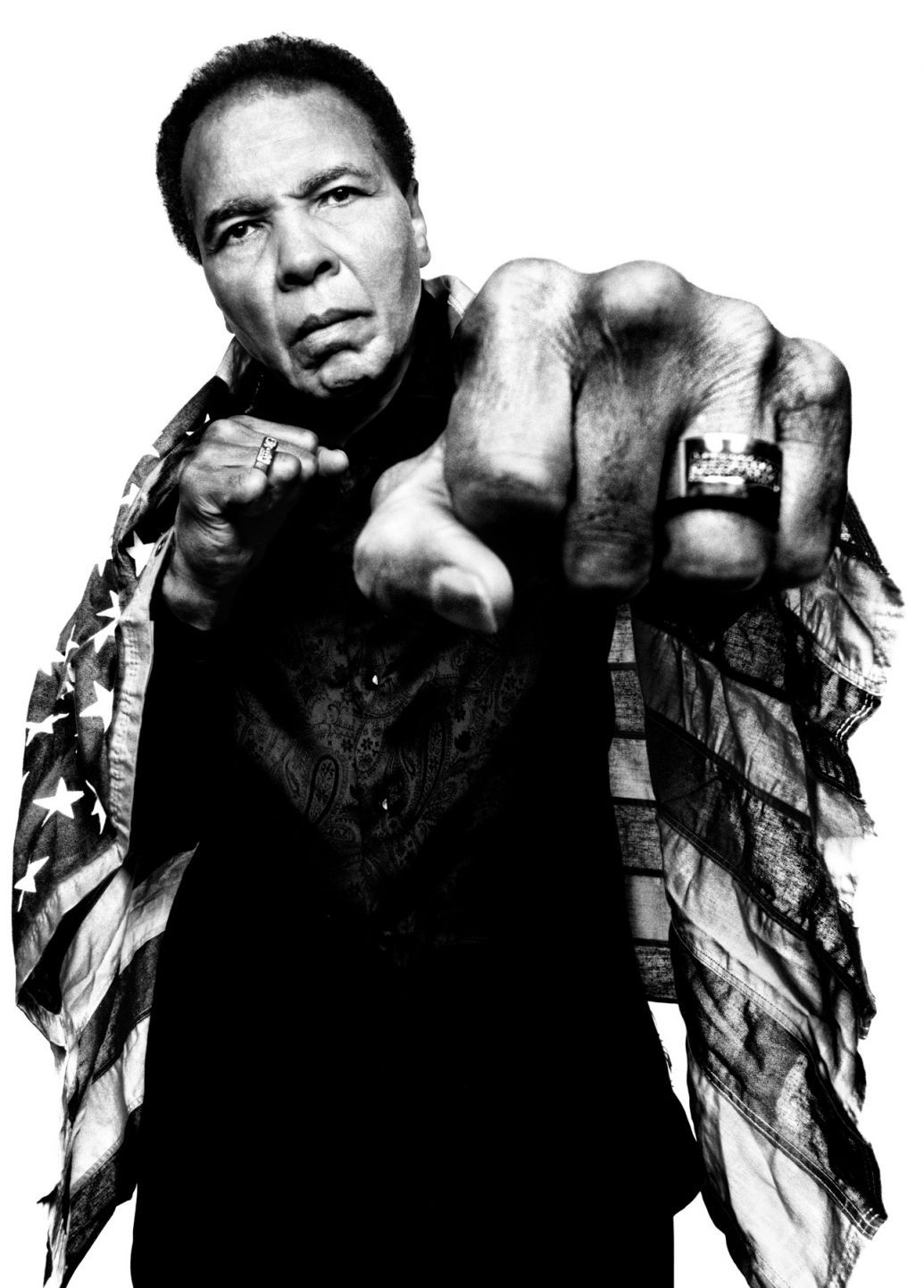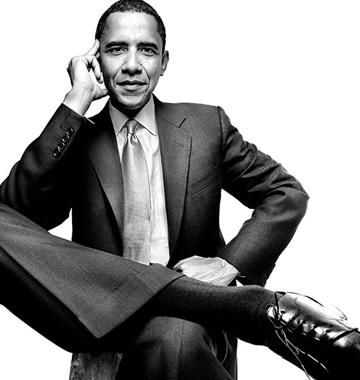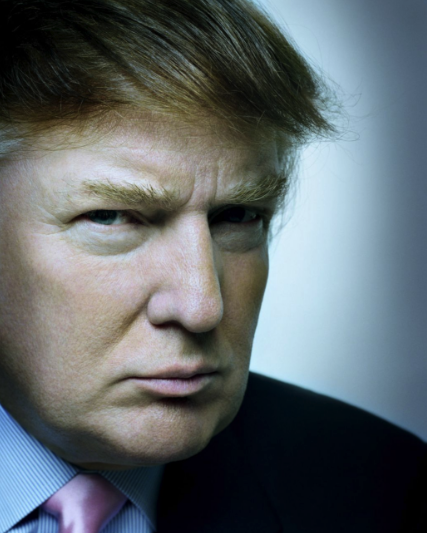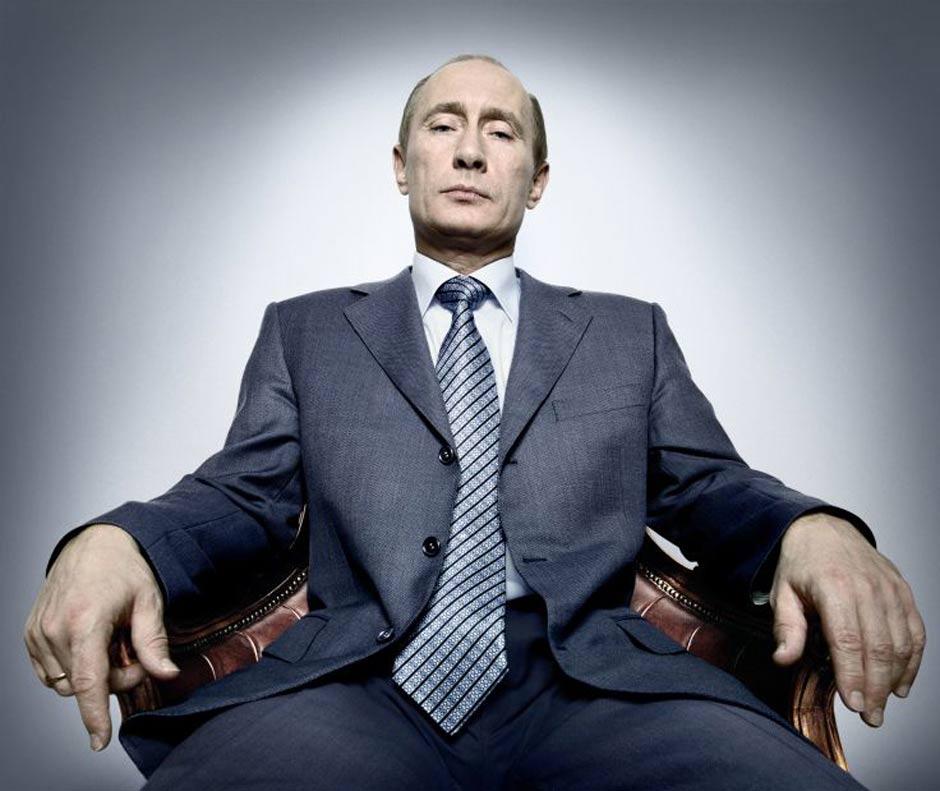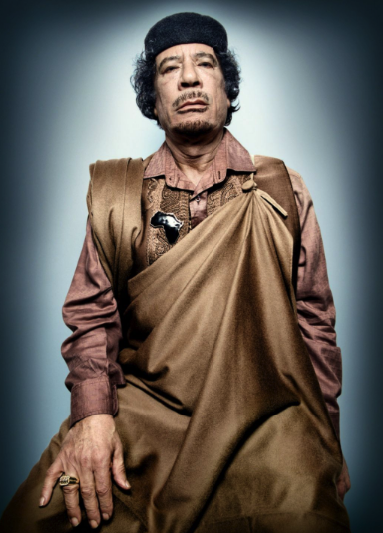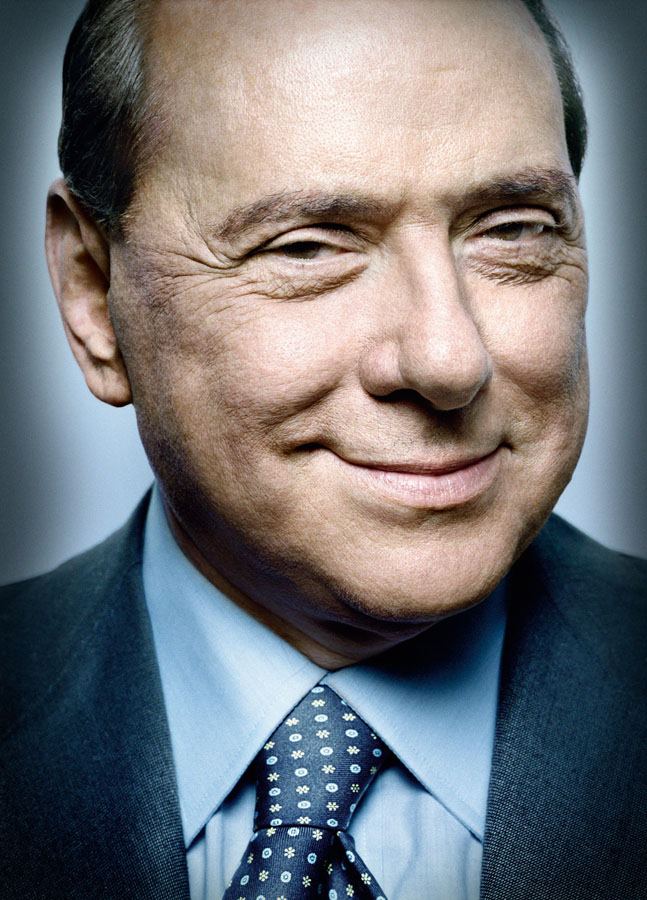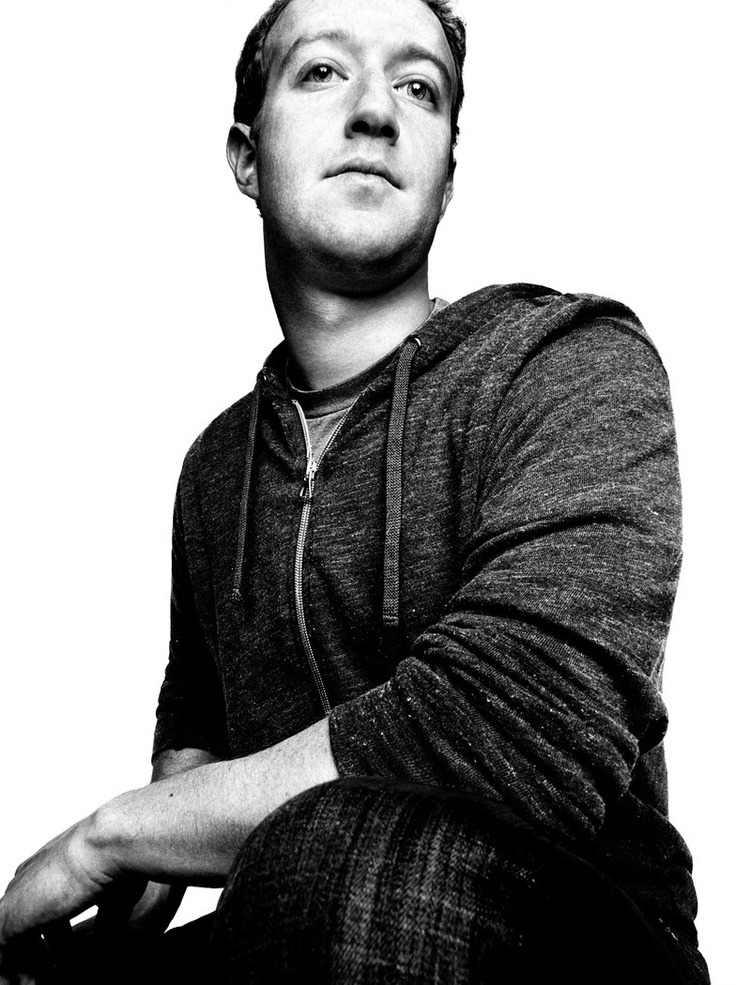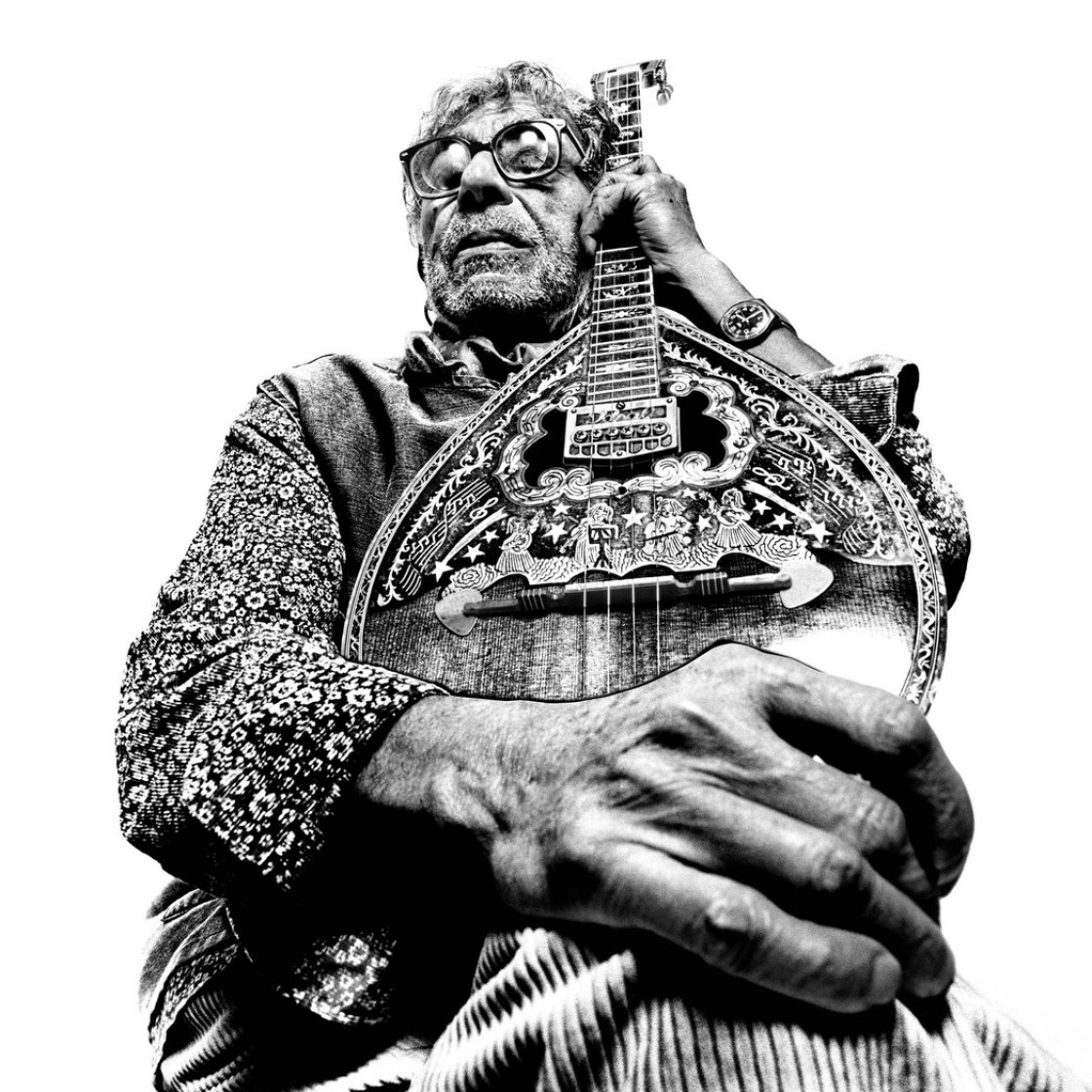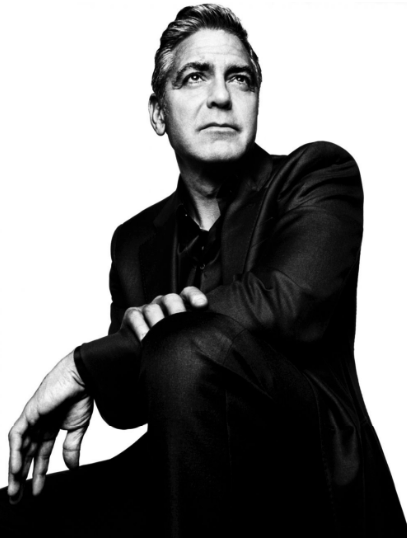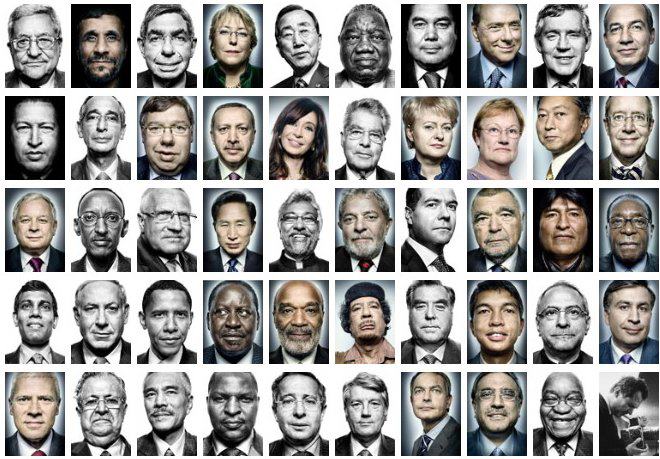[:el]Platon Antoniou is one of the world’s most prominent photographers and the Greek who has captured more than 130 political leaders and dozens of famous artists with his camera lens, having, thus, gained an important position at the top of the most influential photographers of all time.
The unique style, and mostly black and white, of his portraits have adorned America’s biggest magazines, such as the Rolling Stone, the New York Times Magazine, the Vanity Fair, the Esquire, the GQ and the Sunday Times Magazine. He has captured moments of next-door people and also the conflicts in Burma, Egypt, risking his life. Now, he is characterized as a “charismatic speaker” because of his inspiring speeches and “seeker of the truth behind the power” because of his desire to show as much as possible of the “real face” of the powerful forms of taking photos through his photographs.
Platon Antoniou was born in 1968 in London, by a Greek father and a British mother. His father, an important architect, decided to return to Greece where Platon spent a few years in Athens and almost all of his childhood summers in his beloved Paros. Later, the Antoniou family returned to London, a city where employment opportunities for his father were greater, though Greece’s images, and especially of the Greek islands, were imprinted on the photographer’s mind.
Source: http://www.platonphoto.com/
He attended courses at Saint Martin’s School of Art, took a BA in Graphic Design and then an MA in Photography and Fine Arts at the Royal College of Art. His first job was while still being a student, when he was selected by an agency to photograph Anthony Hopkins for an advertisement of Hannibal Lector. English Vogue was referring to him, noting that he was a very promising artist who would do great things in the future. Shortly afterwards, he started working with the British magazine until John Kennedy Jr himself called him to work for his own, “George.”
The collaboration that opened the way to “Platon” to become the photographer of “the powerful” was certainly the one with the magazine Time, for which he has already photographed more than 20 covers. In 2007, he took Vladimir Putin’s famous photo as Personality of the Year and won the World Press Photo Contest’s first prize. For the President of Russia, he admitted that “I remember feeling Putin’s breath on my face and, behind me, his security people were lurking. When I stepped out of the studio, I saw that there were shooters just across the building.”
Source: http://www.platonphoto.com/
A year later, the signing of a highly remunerated contract with the New Yorker magazine followed, focusing on Obama’s photography in various phases of his journey, starting with his oath. Two of the photographs taken during this collaboration with the magazine won ASME Awards in 2009.
In 2010, he released the album “Power” with photos of one hundred leaders, including Silvio Berlusconi, Benjamin Netanyahu, Tony Blair and Muammar Gaddafi, while, in 2011, he was honored with the award-winning Peabody Award due to a collaboration with the New Yorker and the non-profit organization Human Rights Watch on the issue of Russian Civil Society. That same year, he stood seven centimeters from the most notorious dictator of history, Muammar al-Gaddafi, focusing on his black eyes that glared at him through his lens. “There was nothing in them,” he told Time. “It was like his soul had been taken away from his head.”
In 2012, he decided to pause the portraits of famous people and to be “occupied” with Greece, photographing simple people of everyday life, traditional figures, images that exudes the country’s aura. His collection titled “Greece” was exhibited in Paris. All its photos were taken in Paros, which he characterizes as his spiritual hometown, as it was there, in his uncle’s home where he was raised up to seven-years-old, before leaving with his family for the US.
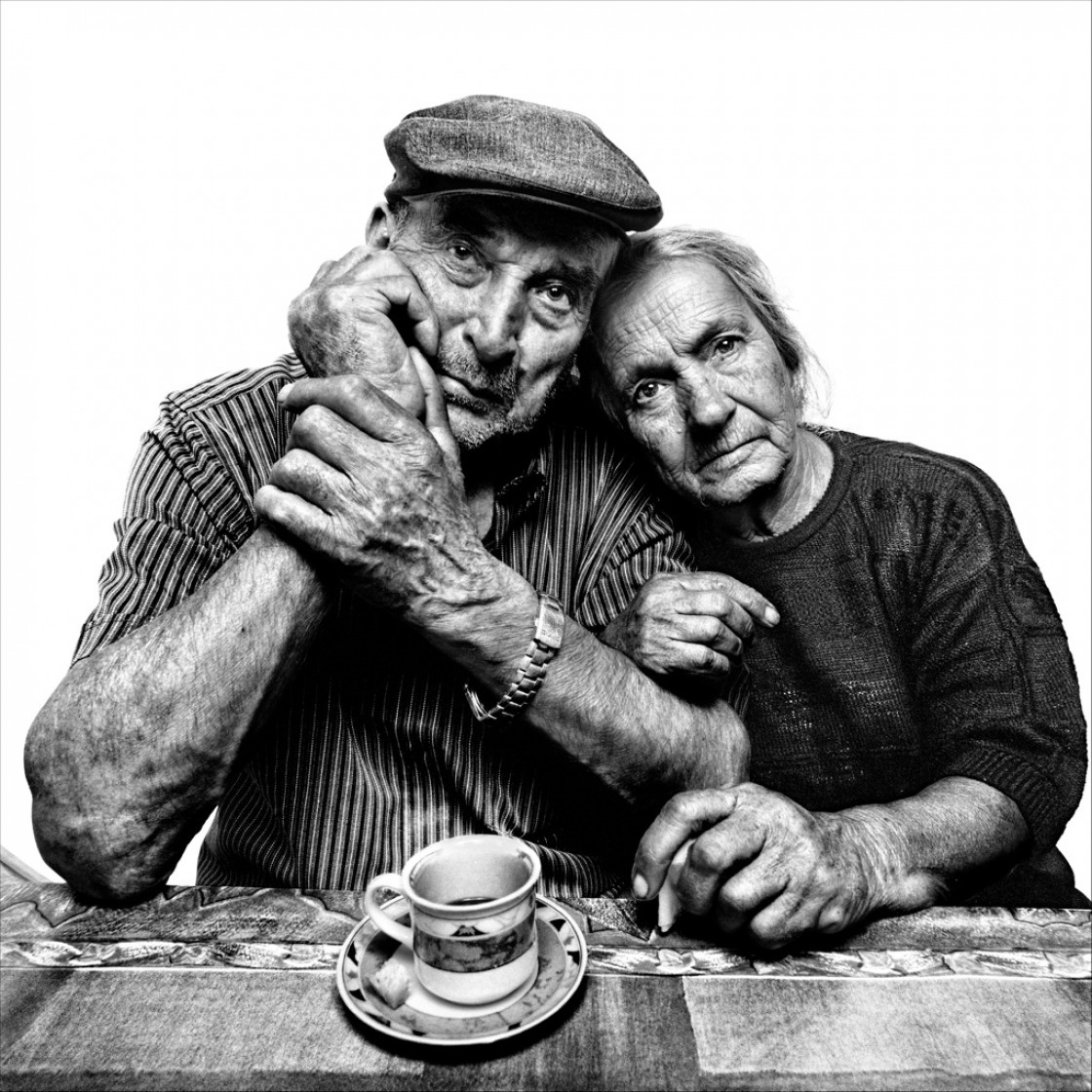 Source: http://www.platonphoto.com/
Source: http://www.platonphoto.com/
This year, he participates in the “Lavazza calendar” and the Lavazza campaign, an effort of seventeen ambassadors for the sustainability of the planet, an effort to encourage citizens, institutes and companies to achieve Sustainable Development Goals according to the United Nations.
Source: http://www.lavazza.com
In an interview with Lifo, he spoke about the impressions and experiences he had received through his professional meetings with the crowd of celebrities and global political leaders. “Powerless leaders who have ignored, even canceled human rights, happen to be very attractive – they probably wouldn’t have these positions if they didn’t have that charm. And we, who are on the other side, are often rushing to describe them as two-dimensional, graphic types, but they are not. They are three-dimensional and have a natural, and therefore very dangerous, charisma. That’s what I’m calling myself to recognize, record and in some way transfer it to the world.”
His intention while holding the camera in his hands and standing opposite people who “have devoted themselves to a goal and whom I’m called to photograph, people who are both militant and self-confident, is to make them become the inspirer of a common goal. That’s why I always say that I never see myself as a photographer but as a carrier of a message.”
Special is the story that he remembers about Mohammed Ali “with whom I was fortunate enough to spend his last few hours and take his last portrait before he died. I remember telling him how great he is, how great it was for me to be with him and I asked him to teach me something similar, exactly how he managed to become such an inspiration to an entire generation. Then, while not being able to speak loudly because he was very sick, he leaned to my ear and said in a whisper “I want to confess something to you; I was not as amazing as I was saying.” And when I told him excitedly “This is truly the most meaningful confession I’ve heard!” he gave me the answer that will be left for me forever. “You misunderstood, I was not amazing, but the people who saw themselves in me, who saw themselves in my fights, who identified their own anxieties with mine were amazing.” And that’s what I want you to keep; if you manage to make people see themselves in the stories you incarnate, then maybe you have the opportunity to do something important and wonderful.” But again, this has nothing to do with you, since you are a simple bridger and the one who brings the message. Just, once you’ve started a big fight, you have to finish it.”
Source: http://www.platonphoto.com/
Platon has published four books of his work. “PLATON’S REPUBLIC”, a retrospective of his early work, “POWER”, one hundred portraits of the world’s most powerful leaders, “CHINA: THROUGH THE LOOKING GLASS”, in collaboration with The Metropolitan Museum of Art, and “SERVICE”, dedicated to the men and women in the United States Military, their physical and psychological wounds and the fierce emotions that surround those who serve.
Platon is a communicator and storyteller and is represented by the Washington Speakers Bureau. He has been invited to be a keynote speaker on leadership at the World Economic Forum in Davos, Chanel, Nike, Yale University, Oxford University, Wharton University, the National Portrait Gallery in London and International Center of Photography in NY. He has also appeared on a range of television media including Charlie Rose (PBS), Morning Joe (MSNBC), Fareed Zakaria’s GPS (CNN) and the BBC World News.
Plato Antoniou has said in the past “If paradise had a name, it would be the Lefkes of Paros. There I return every summer, where I get married, I still dream “, confessing the love it has for the island of Cyclades, Greek tradition and culture.[:en]
Despite the fact that he’s not widely known in Greece, Platon Antoniou is a prestigious international photographer, known by his first name, and one of the top portrait photographers worldwide.
Some of the most influential personas of modern history have faced his camera, like the President of Iran Mahmoud Ajmadinejad, President of Russia Vladimir Putin, President of the United States Barack Obama, ex Prime Minister of Italy Silvio Berlusconi, President of Venezuela Hugo Chávez and President of Argentina Cristina Fernández de Kirchner. They themselves and others keep their portraits in his trustful hands without fear of exposure.
Platon Antoniou started his career with the British Vogue and then relocated to the United States and worked for John Kennedy’s Jr. magazine. Later on, he worked for major American magazines, like Rolling Stone, New York Times Magazine, Vanity Fair, Esquire, GQ and Sunday Times Magazine. New Yorker magazine offered Platon a staff photographer opportunity and he accepted, though he has never compromised with regularity and never stopped creating his personal works, like his recent project published in the pages of Power.
In 2012, Platon decided to put his portrait photography on hold in order to dedicate his talent to Greece by shooting common people of everyday life, typical figures and Greece-inspiring sceneries. His collection under the title Greece was exhibited in Paris until early December. Antoniou’s photos demonstrate the island of Paros, where he lived at his uncle’s home up to the age of 7, before relocating with his family to the United States.
[:]

